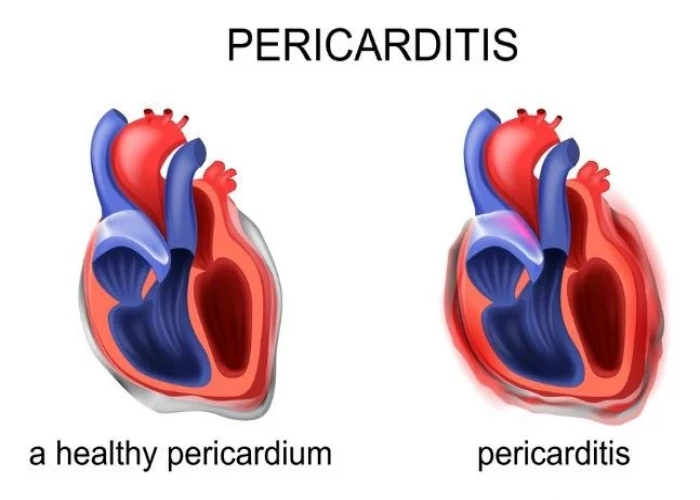 Welcome
Welcome
“May all be happy, may all be healed, may all be at peace and may no one ever suffer."
Pericarditis

Pericarditis is a medical condition in which the pericardium, which is the sac surrounding the heart, becomes inflamed. This inflammation can cause chest pain, fever, and other symptoms. Pericarditis can be acute (short-term) or chronic (long-term).
The most common cause of acute pericarditis is a viral infection. Other causes may include bacterial or fungal infections, autoimmune disorders (such as lupus or rheumatoid arthritis), cancer, trauma or injury to the chest, certain medications, or unknown causes (idiopathic pericarditis).
The main symptom of pericarditis is chest pain, which is usually sharp and may worsen with deep breathing or lying down. Other symptoms may include fever, fatigue, cough, difficulty breathing, and palpitations.
Diagnosis of pericarditis usually involves a physical exam, imaging tests (such as echocardiography or CT scan), and blood tests. Treatment depends on the underlying cause and the severity of symptoms. Mild cases of acute pericarditis may not require any treatment, and the inflammation may resolve on its own within a few weeks. However, treatment may include:
- Pain relief medications (such as NSAIDs or colchicine)
- Antibiotics or antifungal medications (if an infection is the cause)
- Corticosteroids or other medications to reduce inflammation
- Pericardiocentesis (if there is significant fluid accumulation)
Chronic pericarditis may require more aggressive treatment, such as long-term use of corticosteroids or surgery to remove the pericardium (pericardiectomy).
Complications of pericarditis may include cardiac tamponade (a life-threatening condition in which fluid accumulates in the pericardium, putting pressure on the heart and preventing it from pumping blood effectively) or chronic constrictive pericarditis (a condition in which the pericardium becomes thickened and scarred, making it difficult for the heart to expand and contract properly).
Overall, prompt diagnosis and treatment of pericarditis is important to prevent serious complications and improve outcomes.
Research Papers
Disease Signs and Symptoms
- Cough
- It may spread to the left shoulder and neck.
- Swollen abdomen (Ascites)
- Shortness of breath (dyspnea)
- Rapid heartbeat (tachycardia)
- Rapid fluttering heartbeats (palpitations)
- Fever
- Swollen leg
- Weakness
- It often gets worse when cough, lie down or take a deep breath.
Disease Causes
Pericarditis
The cause of pericarditis is often hard to determine. A cause may not be found (idiopathic pericarditis).
Pericarditis causes can include:
- Immune system response after heart damage due to a heart attack or heart surgery (Dressler syndrome, also called postmyocardial infarction syndrome or postcardiac injury syndrome)
- Infection, such as COVID-19
- Inflammatory disorders, including lupus and rheumatoid arthritis
- Injury to the heart or chest
- Other chronic health conditions, including kidney failure and cancer
Disease Prevents
Pericarditis
There's no specific prevention for pericarditis. However, taking these steps to prevent infections might help reduce the risk of heart inflammation:
- Avoid people who have a viral or flu-like illness until they've recovered. If you're sick with symptoms of a viral infection, try to avoid exposing others.
- Follow good hygiene. Regular hand-washing can help prevent spreading illness.
- Get recommended vaccines. Stay up to date on the recommended vaccines, including those that protect against COVID-19, rubella and influenza — diseases that can cause myocarditis. Rarely, the COVID-19 vaccine can cause inflammation of the outer heart lining (pericarditis) and inflammation of the heart muscle, especially in males ages 12 through 17. Talk to your health care provider about the benefits and risks of vaccines.
Disease Treatments
Treatment for pericarditis depends on the cause and the severity of the symptoms. Mild pericarditis may get better without treatment.
Medications
Medications to reduce the inflammation and swelling are often prescribed. Examples include:
- Pain relievers. Pericarditis pain can usually be treated with over-the-counter pain relievers, such as aspirin or ibuprofen (Advil, Motrin IB, others). Prescription-strength pain relievers also may be used.
- Colchicine (Colcrys, Mitigare). This drug reduces inflammation in the body. It's used to treat acute pericarditis or if symptoms tend to come back. You should not take this drug if you have liver or kidney disease. Colchicine can also interfere with other drugs. Your health care provider will carefully check your health history before prescribing colchicine.
- Corticosteroids. Corticosteroids are strong medications that fight inflammation. A corticosteroid such as prednisone may be prescribed if pericarditis symptoms don't get better with other medications, or if symptoms keep returning.
If pericarditis is caused by a bacterial infection, treatment may include antibiotics and drainage, if necessary.
Surgeries or other procedures
If pericarditis causes fluid buildup around the heart, a surgery or other procedure may be needed to drain the fluid.
Surgeries or other procedures to treat pericarditis include:
- Pericardiocentesis. In this procedure, a sterile needle or a small tube (catheter) is used to remove and drain the excess fluid from the pericardial cavity.
- Removal of the pericardium (pericardiectomy). The entire pericardium may need to be removed if the sac surrounding the heart is permanently rigid due to constrictive pericarditis.
Disease Diagnoses
Disease Allopathic Generics
-
Diazepam
The patient should be calmed down.
1/2, 1 pill 2 times a day or 1 time only at night.
-
Clobazam
The patient should be calmed down.
1/2, 1 + 1/2, 1 + 1
-
Lorazepam
The patient should be calmed down.
1 + 0 + 1
-
Trifluoperazine
The patient should be calmed down.
1 + 0 + 1
-
Cephalexin
Cephalexin-containing medicine for bacterial ear infections.
1 every 6 hours every 5-7 days.
-
Amoxicillin Trihydrate
Cephalexin-containing medicine for bacterial ear infections.
1 injection intramuscularly or intravenously every 8 hours.
-
Aspirin
Cephalexin-containing medicine for bacterial ear infections.
1 pill 3 times a day after meals/on empty stomach/between meals.
-
Ranitidine Hydrochloride
Aspirin medication can cause more stomach acid. Ranitidine is a medicine for this.
1 pill in the morning after food and 1 pill in the evening after food.
-
Aluminium Hydroxide + Magnesium Hydroxide + Simethicone
If the pain is due to ACID.
After 30 minutes of food, take 2 spoons.
-
Vitamin B complex
2 spoons 3 times a day after meals.
Disease Ayurvedic Generics
Disease Homeopathic Generics
-
Belladonna
200 strength.
-
Spigelia anthelmintica
6, 30, 200 strength.
-
Veratrum viride
6, 30, 200 strength.
-
Apis mellifica
30 strength.
-
Aconite napellus
1X strength.
-
Cactus grandiflorus
Q strength.
-
Cimicifuga racemosa
6, 30 strength.
Disease yoga
Pericarditis and Learn More about Diseases
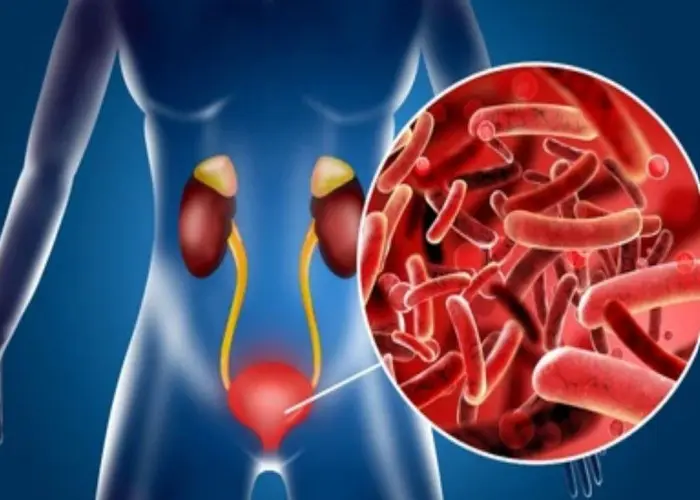
Cystitis
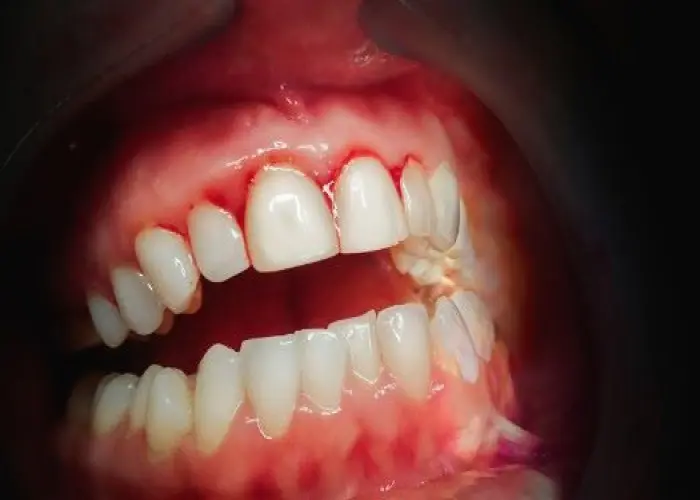
Gingivitis

Schizoid personality disorder
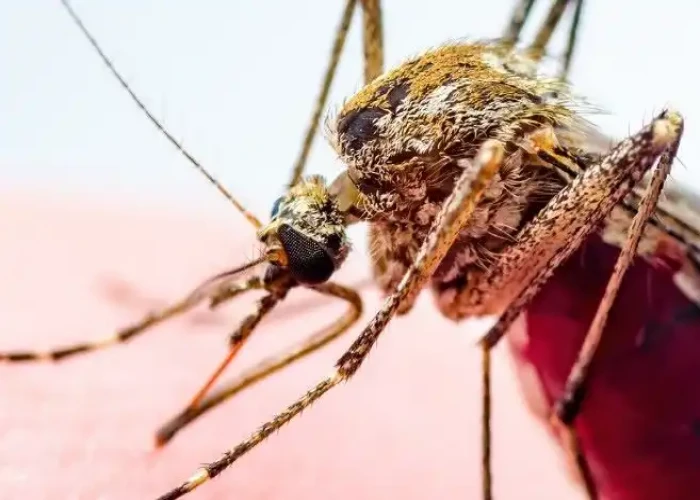
Valley fever
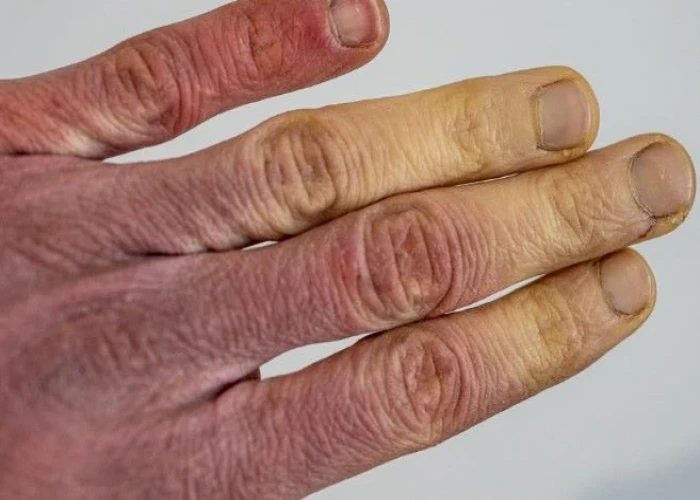
Raynaud's disease
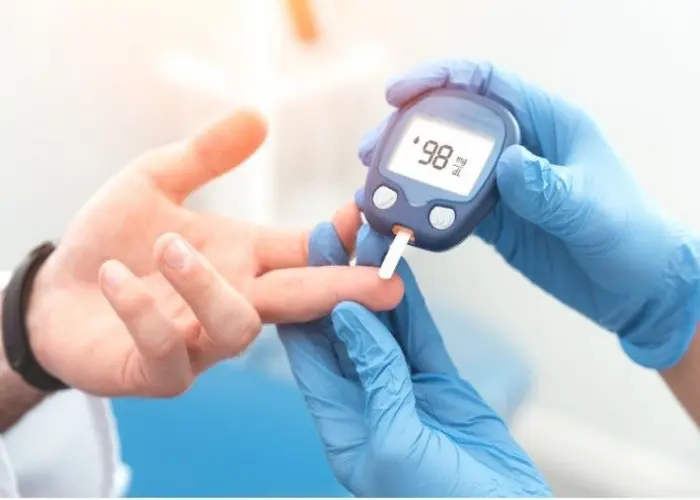
Diabetes

Vulvar cancer

Attention-deficit/hyperactivity disorder (ADHD) in children
pericarditis, পেরিকার্ডাইটিস
To be happy, beautiful, healthy, wealthy, hale and long-lived stay with DM3S.
